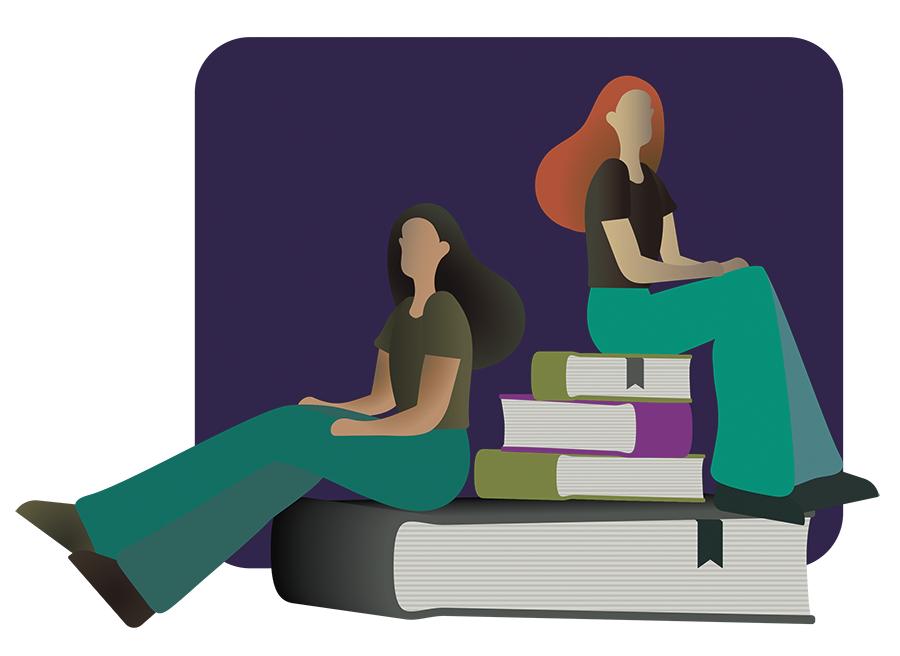Keeping ourselves politically informed
December 5, 2017
Politics today is a touchy subject. Quite frankly, it pretty much always has been. In terms of history, the last time the United States has been as passionate about political issues was the 1960’s. In terms of cultural changes, the 1960’s was also the last large scale cultural revolution, so to speak.
Realistically, current events today, and the public response, is comparable to those times. Political participation is on the rise today, in conventional and unconventional forms, there’s a strong resentment of the executive branch, protests and demonstrations are frequently reported, and people themselves are judged based on their political beliefs.
Regardless of the means, political participation is about the freedom to speak out. Beyond political parties, every individual should be able express their ideals through voting, community events, social media posts, and really any other means of communication.
Given the proclivity of social media, and the evolution of information sharing, right now couldn’t be a better time to speak out about anything.
Whether it’s individuals fighting for net neutrality, or social justice warriors screaming in the streets, everybody deserves a voice, and there are countless ways to spread the message. And that’s an important right that our founding fathers specifically fought for. That doesn’t mean there aren’t obstacles in the way, though.
Everybody has a voice, but not everyone is heard, which is tough to hear. There are most definitely individuals, or groups of individuals, who have more say than the rest of us. Most notably businesses.
It’s not really a secret that every major corporation has ties with people representing our government; our country is heavily dependent on oil, our economy directly impacts just about every country in the world, and there are politicians accepting hundreds of millions of dollars from special interest groups.
Beyond the business, and slight governmental corruption, side of things, another large political participant happens to be social media. Social media is kind of like the rockbed of our culture and the people who use social media the most, the people who get the most attention, happen to be teenagers, or people appealing to teenagers, with extremely narrow, or specifically informed, views of the world, and those are the messages that are spread the most.
What’s more is that people tend to look for things on social media that they like; cultural icons, music, entertainment industrialists, everybody looks for the communities they fit in with. Social media make it incredibly easy to find a community, but at the same time, most people tend to stay within those communities, unless something else is put in front of them. So, social media is also creating these echo chambers of opinion.
What’s really important about political participation is knowing what messages are being said by whom, and knowing how those messages have been informed.
Our mainstream media outlets, for instance, are also businesses, and those businesses have a n obligation to sell views and clicks. Social media posts are usually very much influenced by emotion.
There’s always a lot more going on behind the scenes than it seems, and being aware of that is how anybody can start to filter out the manipulation, and form their own beliefs.































